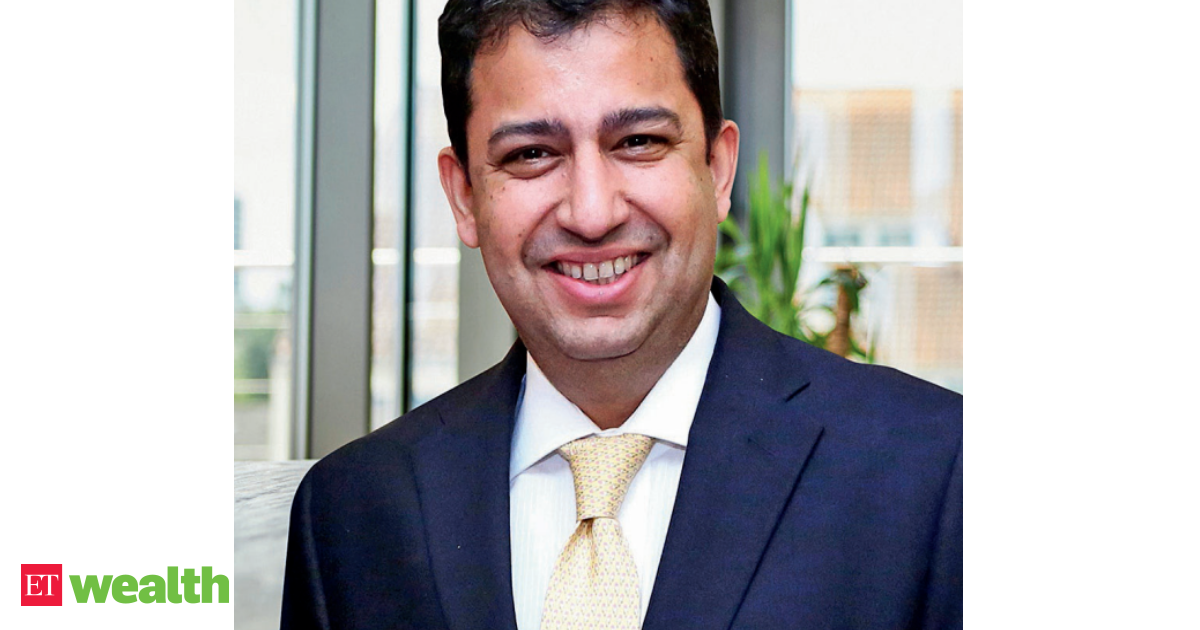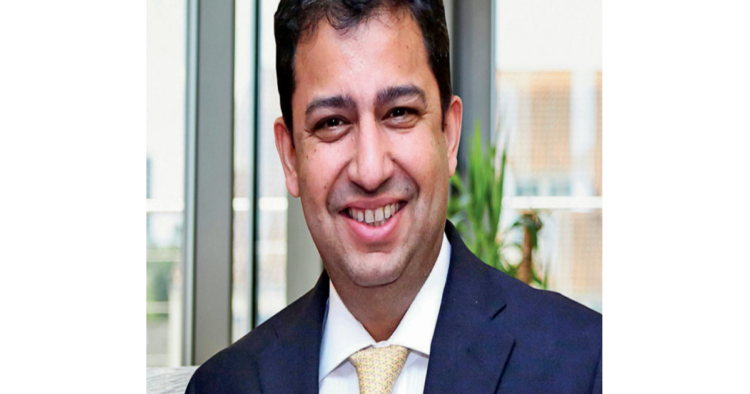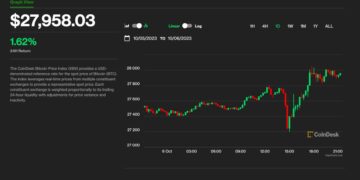
We want to be an asset manager with risk management as the core in order to give consistent returns to investors, says Sundeep Sikka ED & CEO, Nippon Life India Asset Management.
How has the industry changed since you took over in 2009?
The biggest change is the trust investors now have in this product. About 15-20 years ago, people were not open to the concept of mutual funds. For generations, they had been investing in banks, gold and real estate. When my father retired from a government job in 2000, I requested him to put his money in mutual funds. A lot of relatives warned me against putting his funds in ‘risky’ options. Now, anyone who is retiring or has just started earning is comfortable making his first investment in mutual funds. Also, 15-20 years ago, mutual funds were distinctly an urban phenomenon. It was mostly the domain of the educated savvy, but not anymore. All my domestic helpers are running SIPs. Investors are now better prepared to take volatility in their stride and have started considering longer investment tenures.What are the challenges that the industry is yet to overcome?
While trying to popularise the concept of mutual funds, we are going against long-held beliefs. It was tough to get rid of that mindset initially. Stock market was a dirty word. Everyone sought the comfort of assured returns in bank deposits. This challenge continues when we reach out to people. Many are yet to realise that not having assured returns can also be a big positive. With assured return, your upside is restricted. We still have a long way to go. There are less than 5 crore unique investors in mutual funds. This shift from physical to financial assets has been a challenge, but it also represents an opportunity.
How do you see the operating environment for fund managers, given the abundance of information, tighter regulations?
Creating wealth for investors was never easy, and never will be. It is a privilege to be in this industry; knowing the impact we can have on the lives of millions of investors is humbling. It is also indicative of the fiduciary responsibility we have as fund managers. Today, risk management has rightly taken centerstage in fund management. We follow a very institutionalised approach. We try to make the best of our research capabilities within this framework. The idea is not just about creating return; it is about not making mistakes. There is a fine balance between the two. The operating environment keeps getting more exciting as well as challenging, but that is where the thrill is.
How do you walk the tightrope between a process-centric approach and fund managers’ need for discretion?
Fund management will always remain both an art and a science. If you do not have discretion, you will resemble an index fund. At the same time, with unbridled discretion, one may end up taking more risk than is desirable. Having broad risk contours was partly addressed by Sebi, when it introduced fund categorisation in 2018. Within our framework, we have clear limits on how much we can deviate from the index. We are dealing with retail investors, so we cannot take very big, extreme calls. As a retail-centric fund house, we are conscious that we want to deliver consistent, rather than erratic, returns. Our endeavour is to have a strong institutionalised process with freedom within the framework and strong research. The output of all this should be consistent performance over the long run.Amid rising competition and entry of newer, agile players, how is Nippon AMC hoping to position itself?
There is scope for a lot more AMCs. We are still at 5 crore unique investors in a 100 crore population. A new player is always good because everybody comes with a different skillset, which helps rejuvenate the industry. India not only needs more AMCs, but new AMCs operating in small cities and towns, focusing on smaller investors. We are happy and blessed that one in three mutual fund investors invest with Nippon AMC. We understand that they have put their trust in us. So our focus continues to be strong risk management and research. We want to be a faceless organisation in line with the institutionalised approach. We want to be an asset manager with risk management as the core, to give consistent returns to our investors.
Where do you stand on the proposed overhaul of expenses in mutual funds?
Mutual fund industry is a business of scale. The only way to survive in the long run is to increase volumes and AUM. We have to look at generating profits from an absolute perspective, not from a basis point perspective. Any company in the financial services industry has to run a far lighter operating base. It also has to exhibit operating leverage. That is what the Sebi paper is all about.
In passives, there is a race to offer lower costs. Is this viable for the industry?
It is a misconception that by reducing expenses, business can be increased. Ultimately, one has to add value for the investor. Today, 60% of the client base in ETF and 80% of the exchange volume is with Nippon MF. What attracts investors is not expense. There are two other important things that add value— liquidity and tracking error. If there is no liquidity, the impact cost is so high that low expense ratio is negated. Secondly, the more the investors, the more volumes you have, and lower the impact cost and tracking error.
How do you see the rising F&O craze among retail investors?
Based on a study by Sebi, it was estimated that nine out of 10 individual traders in equity F&O segment incurred net losses in 2021-22. I feel most F&O retail investors who have unpleasant experiences will eventually come to mutual funds. It has been observed that whenever there is a rush for demat account openings or IPOs, more investors enter mutual funds. Data also shows that if you remain invested in equity mutual funds for long periods of time, the investment experience can be much better.














